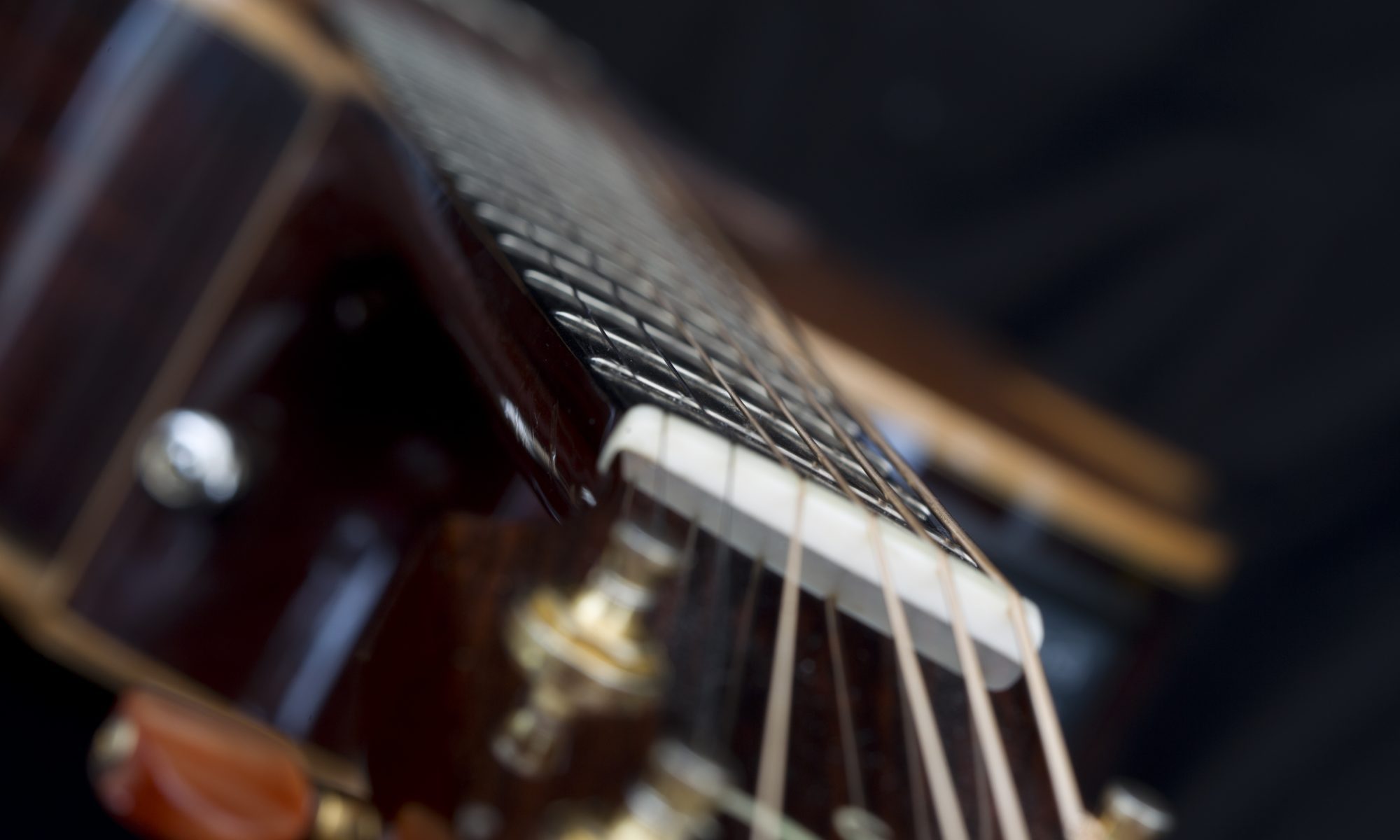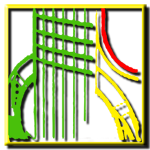Some background
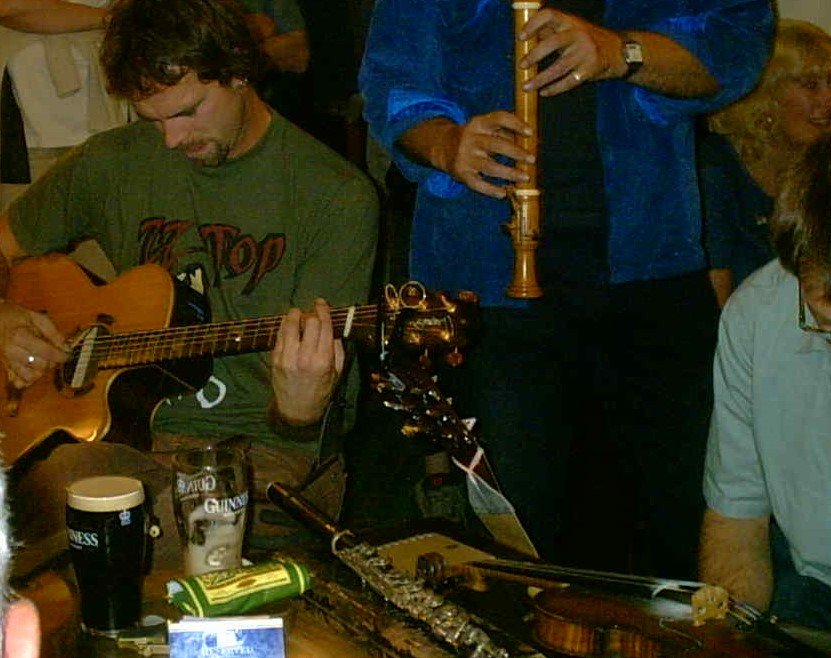
I cut my musical teeth on the folk session scene. Everything I learned to play – guitar, mandolin, songs, reels, etc I learned by ear and this was the basis of everything I understood about harmonic theory – chords and melodies, and rhythmic theory – time signatures and such. I certainly could not understand scores and sheet music.
After over 20 years of playing I found myself as music tech at the local secondary school. Among the dizzying array of things expected from me for surprisingly little pay was the production of scores for student performances and classes, so I learned the basics of theory and scores on the coal face, producing scores on Sibelius software. It was a great introduction to theory – Sibelius being rather traditionalist does not allow you to set things out which are incorrect.
This job led me on to private tuition and the production of scores and lesson materials for my own purposes. I did, of course, need to get a proper handle on theory as I was the one now teaching the stuff.
Scores vs Ears
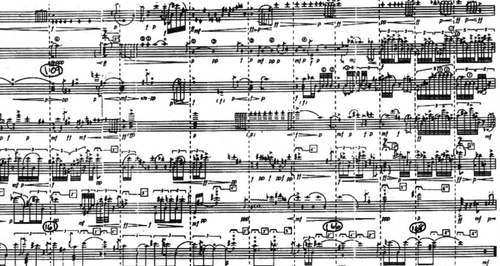
So which is better – the organic oral tradition approach of learning everything by ear or classical rigour and sight reading. Well – neither. Both have their own advantages.
Playing by ear is a skill not to be underestimated. It allows me to decipher and learn (within reason) almost any piece of music in minutes. It allows me to hear patterns in melodies and chord structures and immediately know what is going on. Classically trained players are often amazed and mystified by what seems like a magical ability to someone who has been brought up to sight read and respond to the dots on the page.
But playing by ear has limits. The way we hear music is largely subjective. the result of this is that we hear certain highlights and underlying structures and immediately make assumptions about what we are hearing. It’s a natural and inescapable part of how we break down and process music we are learning by ear. Where this falls over is when a piece of music subtly changes time signatures or starts using less easily decipherable chords. Once things reach a certain level of complexity having an understanding of theory and what a score is telling you becomes indispensable.
On balance, I would say that I am now equally reliant on both as a musician.
Music Theory will stifle your creativity, man
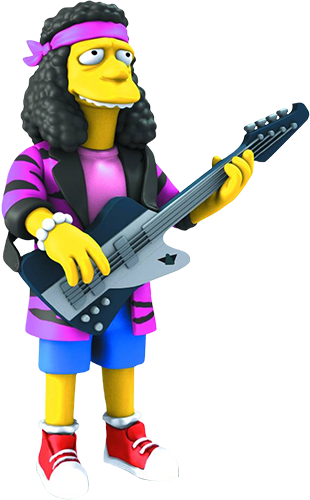
I’m not in the least bit embarrassed to admit I used to believe this, but it is fundamentally not true. Like having an understanding of science when looking at the world around you music theory gives you a framework which unlocks the finer complexities which you might otherwise miss. I can say from experience that learning music theory has been liberating and has done nothing but expand my abilities for writing music. A musician without music theory will always be limited. I learned this the hard way and I now understand that I would have learned music a great deal quicker had I not been restricted to oral tradition.
Music theory cannot describe everything
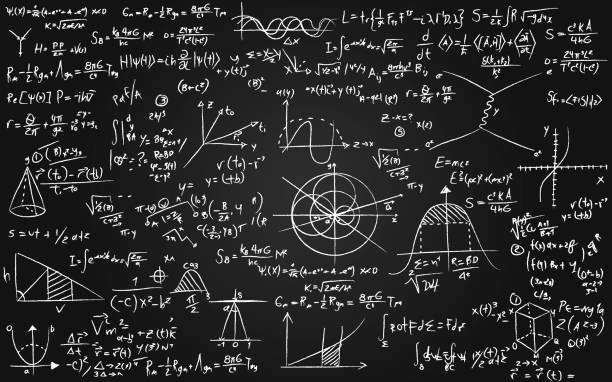
Very true. The music theory we learn in Europe and America is very much based on the musical styles of 18th and 19th century European musicians and composers, so it is a very Eurocentric view of music. There is a tendency to use music theory to analyse and critique music in order to make value judgments about it which is verging on racism and white supremacy but the truth is that western music theory as it should correctly be called begins to break down as soon as you look at musical styles in the middle east, the Indian subcontinent, Africa and east Asia and the ancient music styles of aboriginals and native Americans as it is not able to properly describe the pitch and rhythm elements of these styles of music. Western music theory also struggles to describe rap and electronic music fully. It is important to not fall into the trap of making value judgments based on this. Western music theory’s ability to describe a piece of music is not the same as assessing its worth.
But this in no way invalidates the value of western music theory when growing up among western music. And if you grow up in Indian or Japanese music it is of course more useful to understand the theory underlying their respective classical music styles which divide pitch and rhythm quite differently to the west.
How much theory do I need?

I would be the first to argue that you do not need all of it. There is a limit to the usefulness of understanding baroque chord sequences and melodic counterpoints and the rules governing composition of a sonata when you are playing and writing songs with an acoustic guitar. But a basic understanding of time signatures, key signatures, scale degrees and chord theory is absolutely essential.
It is not that hard to understand how western theory divides rhythms and to understand the differences between 4/4, 3/4, 6/8 and 9/8. My students understand these principles within a few weeks of starting lessons with me. It’s not that complicated to understand the basic musical scales, scale degrees and how the major scale defines harmonic theory. It is also not that hard to extrapolate this and understand chord theory and how to build chords from scratch without needing to refer to a chord book.
It was exactly these fundamentals which I lacked in my early musical days. I could play a 4/4 or 9/8 rhythm but I cannot honestly say that I understood either. I knew what chords I could play in a given key to the point of coming up with 12 chord sequences, but I did not understand why. I could solo in various keys and had a feel for harmonising melody with chords but did not in fact understand how any of it worked so I was hobbled, limited by my restrictive understanding and these are the knowledge gaps which not form the cornerstones of what I teach my students because I want to make their musical journey easier than mine.
Unexpected benefits
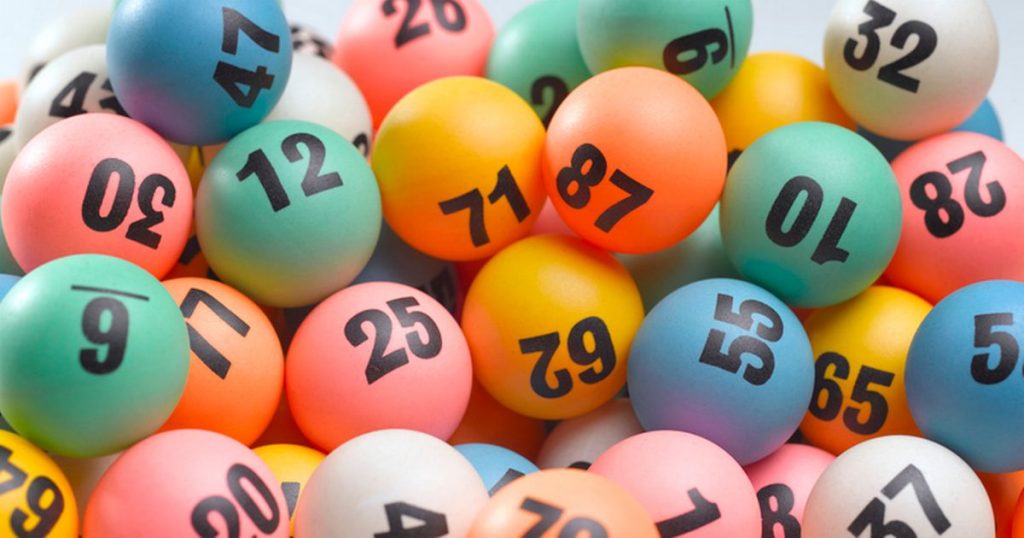
The benefits of being able to count a rhythm and decipher a chord structure are fairly obvious, but there are some less obvious benefits to a little theory knowledge.
I am a multi instrumentalist. Before learning any theory I taught myself to play guitar, mandolin, fiddle, bodhran, whistles and vocals. I was writing on all of these instruments but thanks to my ignorance of theory, I was doing it the hard way. Since learning theory I have also picked up piano, bass, bouzouki and 5 string banjo and it has been a much easier ride. Having an understanding of theory on your instrument gives you a transferable body of knowledge which you can use to decipher any instrument which adheres to western theory principles, making it much easier to learn.
I am massively into world music and do not slavishly adhere to western music. This has exposed me to some crazy time signatures and rhythms as well as chord work which I could never have deciphered without applying some theory to it and committing it to score. It has enabled me to learn pieces like the Stairway to Heaven solo which is a little beyond ear playing for most mortals. It has allowed me to produce transcriptions to set Moonlight Sonata to guitar and Brahms’ Hungarian dances to mandolin.
It’s just a language
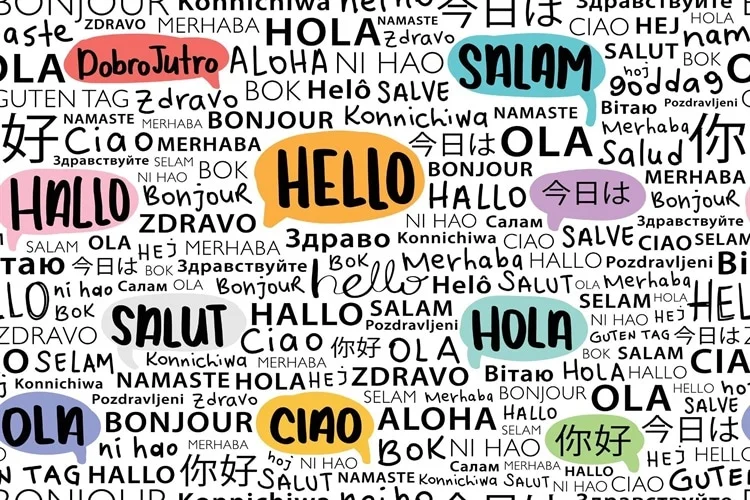
The best way to see music theory then is not as a set of absolutist rules and value judgments but as a descriptive language which allows you to decipher the finer points of the music you play and hear and it gives you a vocabulary with which to communicate with other musicians. It is as important to understand its geographical and stylistic limitations as its ability to describe, decipher and communicate.
Whether you don’t think you need music theory or believe it is all that matters you are equally deluded and you are limiting yourself. Oral tradition and scores matter equally and are equally important elements to becoming a whole musician.
